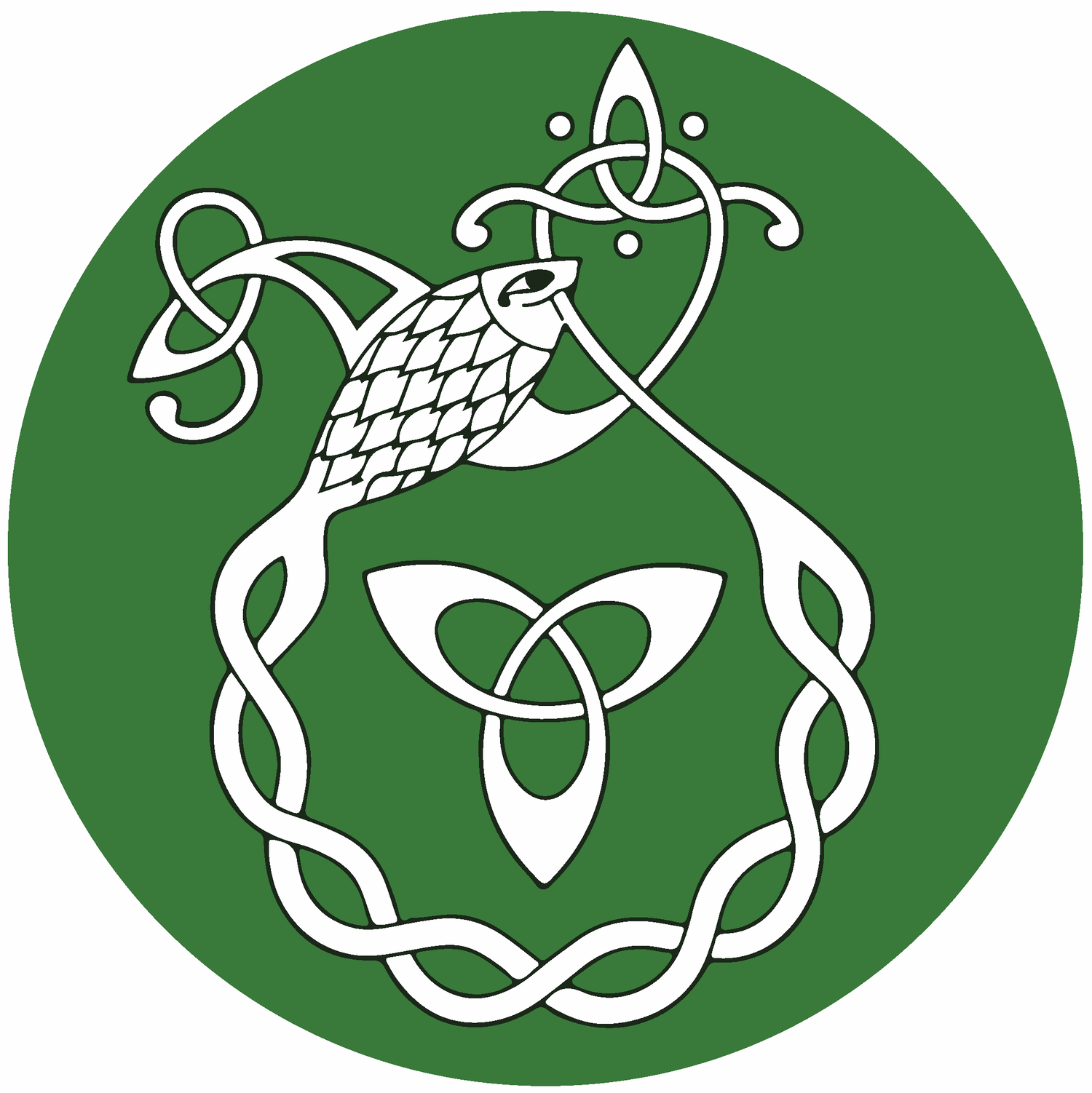Laoi ar Mhór-Aonach Átha-Chliath (1853)
Tomás Ua Baíghell, composed in South Gloucester, Ontario
This poem is Ua Baíghell’s reaction to the 1853 Dublin Great Industial Exhibition, which he must have read about in the newspaper dispatches. The Exhibition highlighted Irish industry and craft, and many important artefacts from the Royal Irish Academy Museum were exhibited, including the twelfth-century Cross of Cong and the eighth-century Tara Brooch. It begins with a note by the newspaper’s editor:
The following poem, in Irish, on the splendid exhibition of Irish genius, art and industry at Dublin, we owe to a learned and much respected correspondent. He sends it to us in the Irish character, beautifully written, but unfortunately there is not a font of Irish type in New York. There is Sanscrit, Hebrew, and Indian types enough, but not one Irish letter. We must therefore use Roman letters to express the Irish sounds, and for any mistakes in punctuation or orthography, we beg to be judged gently. Some Irish translations from Virgil, have been kindly promised us by the same writer.(1)
Ua Baíghell’s unique orthography, written to the newspaper in his cursive hand, led to significant errors present in the text and must have rendered the poem illegible at the time. It is likely that there are many improvements to be made in the following rendering.
Cé cian, dubh, mo dheoraíocht fillfidh mo theidhin,
Go mór-aonach Fodhla, le ceol agus laoi;
Is daighneoidh muid cairdeas, úr, dlúth, mar an t-adhann,
A neartaíos le geimhreadh, a fréamh is a lí.
Is uróidh gach anró, ad fhulaing, ár ngrá,
Mar chuach uaillech buthra, ón feannán i mbláth.
Though distant, dark, my exile, my mind will return
To the great assembly of Ireland, with music and poetry;
And we will secure friendship, fresh, close, as the coltsfoot
That strengthens for winter, its roots and its colour
And every hardship, which you bear, will be obscured by our love
As a sorrowful wailing cuckoo, among the flowering moor grass
Is seinnfidh mo chaomhchruit, go fonnmhar, go caoin,
An réalteacht mór, lonrach, is deach le gach dán;
Is scolfaidh go tráchtmhar, faoi thrombhríoch gach maoin’,
Go hÉirinn, sár-loingeas na mara ar gach lann.
Is éireoidh Sean-Éire arís ríméadach breá;
As néal, sula mhuchfaidh síor-ruaigeadh síthlá.
And I will play my harp, melodiously, gently,
The great shining reality, and best with each poem;
And sing aloud notably, about the significance of each treasure,
To Ireland, supreme seafarers of the ocean on each side
And Old Ireland will arise proudly fine;
From slumber, before permanent exile will extinguish the day of peace.
Is scaoilfidh mo chláirseach fíorbhinneas a téad,
Mar scoth, bheir don ghréin amháin, cumhracht a chroí,
Ar ghréas beacht gach araí, grinncheardacht gach séad,
Is seolaí na hÉireann, óg-ársa, mar bhí.
Beidh gné Ollamh Fódhla, ‘gus Phádraig’s an dáil;
Gach Gael eile b’oirirc, is dual d’Inis Fáil.
And I my harp will release the true beauty of its strings,
As a blossom that bears only for the sun the fragrance of its heart,
Upon precise compositions of every appearance, the fine workmanship of every jewel
And the methods of Ireland, young-ancient, as [they] were.
It will be the aspect of Ireland’s Ollamh, and Patrick of the people;
And every other renowned Gael, as is fitting for Ireland.
Is cleathlaochta, toghtar dár nGobán Saor saoi,
D’Ó Dearcáin, an dearscnach, faoi bhuanmharthain rann;
Gach gradam ó Ghalltacht, bua cúng ar a chroí,
Mar fhoirinní Morain, ar bhaighdibh go teann,
A ghairm ní meastar ar mhín-seoideach rí;
A ghairm fíorGhaelach, “ár gcuid is ár gcroí.”
And spear-warriors, our Jack-of-all-trades is elected wise man,
Dargan, the honoured, under the perpetual livelihood of verse (2)
Every honour from the English, a victory close his heart,
As Moran’s teams, in their boats vigorously
His cry esteemed more highly than fine kingly jewels
His truly Gaelic cry, “our own and our heart”
For citation, please use: Ua Baíghell, Tomás. 1853. “Laoi ar Mhór-Aonach Átha Cliath.” Ó Dubhghaill, Dónall. 2024. Na Gaeil san Áit Ró-Fhuar. Gaeltacht an Oileáin Úir: www.gaeilge.ca
Adapted from: The American Celt. 1853. 5 (32).,6 Aug. McGee & Mitchell: New York. See the original here.
-
The American Celt. 1853. 5 (32).,6 Aug. McGee & Mitchell: New York.
Ó Dearcáin, the Gobán Saor or Jack-of-all-trades, is a reference to William Dargan. He helped to establish the National Gallery and personally financed the Great Exhibition with £20,000. He was made a lifetime members of the Royal Dublin Society for his works at around this time (1851).

